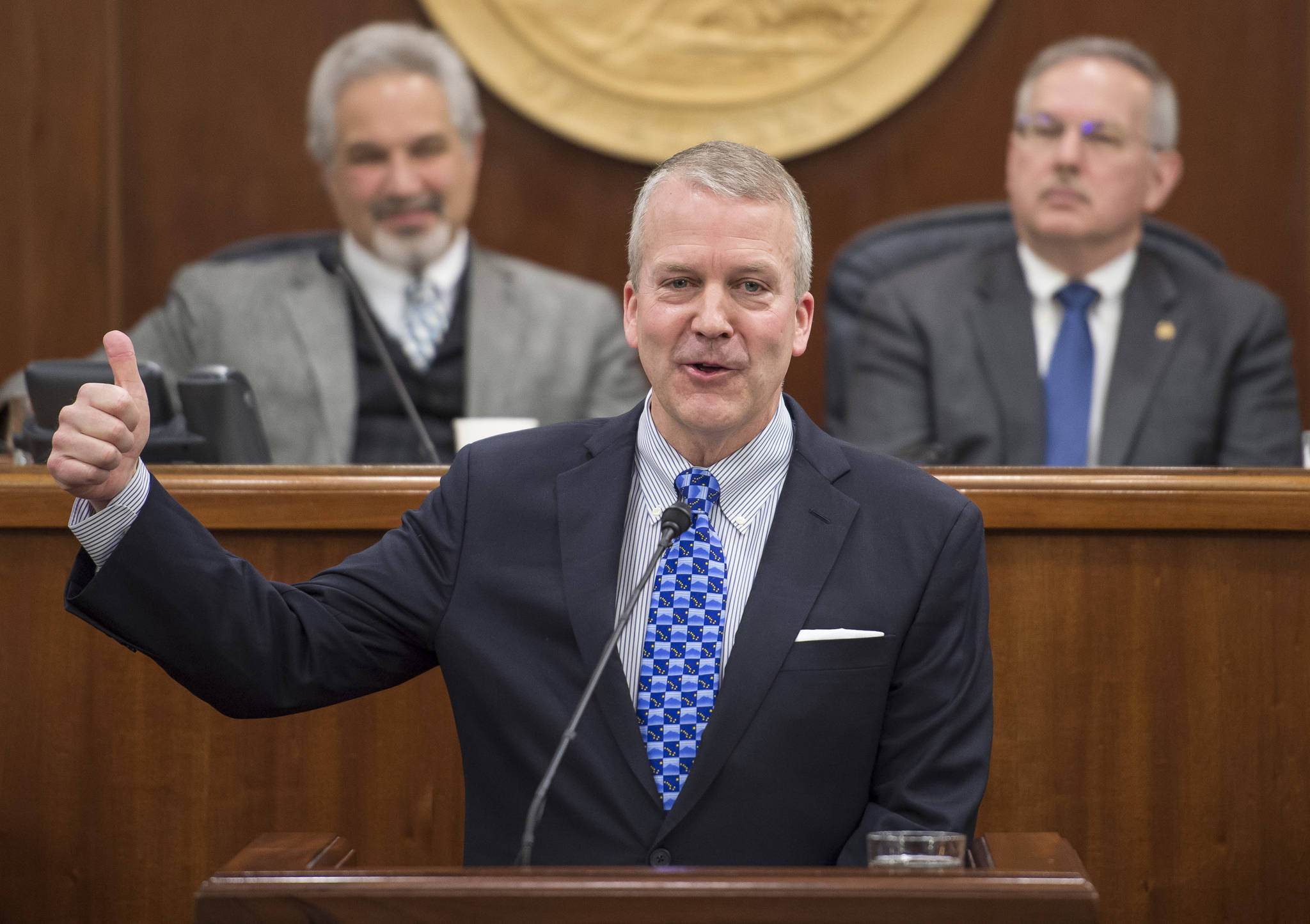Whenever I return to Southeast Alaska, I’m always filled with a renewed sense of optimism and awe for our state. Our beautiful landscapes draw tourists from across the world. Our waterways help make our state the “super power” of seafood and the home of the largest Coast Guard presence in the Pacific. Indeed, it’s largely because of the importance of our fisheries and the Coast Guard that I pushed to be the Chairman of the Senate Commerce Subcommittee on Oceans, Atmosphere, Fisheries, and the Coast Guard. In this committee, we are making progress on important issues that greatly impact Southeast.
First, throughout Alaska, and particularly in Southeast, our oceans are our lifeblood. It’s imperative that they remain sustainable. That’s why I authored the Save Our Seas (SOS) Act with Sheldon Whitehouse, D-Rhode Island, which unanimously passed the Senate.
Over the course of decades, marine debris, particularly plastics, deposited in the ocean half a world away finds its way to our coastal communities and ecosystems. This is especially detrimental to our state, with its 47,300 miles of shoreline and bountiful fisheries.
Our bill provides the National Oceanic and Atmospheric Administration (NOAA) with funds for ocean debris cleanup, and allows the NOAA Administrator to declare severe marine events which authorizes additional funds for states, like Alaska, for cleanup and response efforts. Importantly, the SOS bill also focuses on the international component of the marine-debris crisis by directing the State Department to work with countries that are the source of such pollution. Our bill has helped spur international awareness of this problem. We’re hopeful it will pass the House soon and become law.
Second, we’ve made progress in transboundary mining and the downstream risks that mining in British Columbia may pose to Alaska’s fisheries and tourism. Earlier this year, Lt. Gov. Byron Mallott and I traveled to Canada to request specific action on this issue.
Our trip to Ottawa showed the Canadian cabinet officials we met with a powerful unity, which now includes the U.S. State Department, whose officials are taking the transboundary mining issue more seriously than the previous administration did. These meetings are already having an impact, especially as it relates to the abandoned Tulsequah Chief mine, which we strongly encouraged Canada to shut down and clean up.
Third, our oceans and our atmosphere also provide tremendous potential for research and scientific discoveries, with Southeast as a major hub.
Unfortunately, over the years, there has been a slow migration to the Lower 48 of NOAA and other federal researchers focused on Alaska. For example, the NOAA research vessel Fairweather resides in Oregon. The Alaska Regional Coordinator for NOAA’s Marine Debris Program is based in Seattle.
This is wrong. I’m working to change it. I received a commitment from Secretary of Commerce Wilbur Ross and the current Acting Director of NOAA, Admiral Gallaudet, who is visiting Southeast this weekend, to conduct a complete review of Alaska-focused personnel based outside of Alaska, and to work with my office to bring such personnel and assets back to our state.
Finally, when I first arrived in the Senate, I was dismayed to learn that the Coast Guard’s major recapitalization of its fleet involved plans to shrink and consolidate Coast Guard assets to just a few communities in Southeast, despite a clear and growing demand for more assets in Alaska. I have fought relentlessly against these plans to downsize Alaska. This resulted in some tense discussions with Coast Guard leadership, but is now yielding results.
We welcomed the Coast Guard’s recent announcement on the homeporting of six 154-foot Fast Response Cutters slated for our state — including in Sitka — and two additional 87-foot patrol boats for Petersburg and Juneau. The Coast Guard is also upgrading its fixed wing aircraft in Kodiak to the newer C-130J aircraft, bringing more Coast Guard personnel to Kodiak for operations and maintenance. Alaska is also slated to receive two Offshore Patrol Cutters in the coming years.
This gives many of our Southeast communities the long-term certainty they’ve been asking for and brings significant investments — in infrastructure and local housing — to our coastal communities. As the chairman of the committee overseeing the Coast Guard, I’ll continue to push for more Alaska-based Coast Guard assets during their recapitalization process.
The economic health of our Southeast communities is vital not only for our citizens who live here, but for our whole state. With all of us working together, we’ll continue to make progress on these critical issues for Southeast.
• U.S. Sen. Dan Sullivan, R-Alaska, was elected to the U.S. Senate in 2014.

